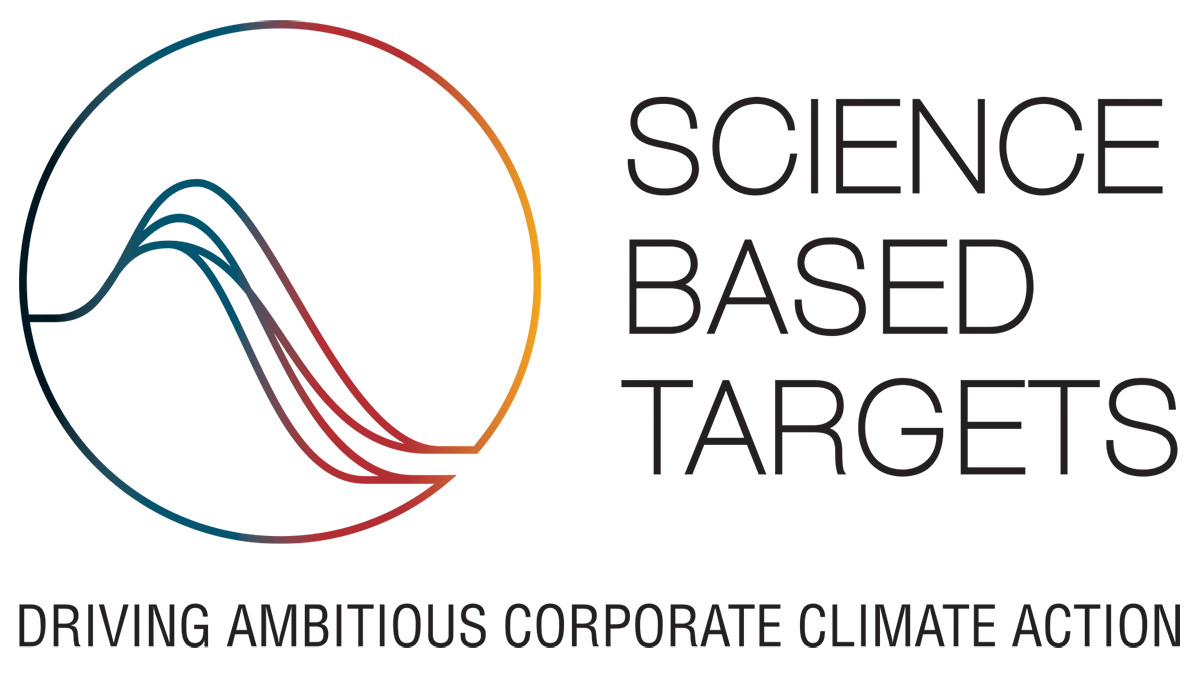SBT Certification
SBT (Science Based Targets) are greenhouse gas emission reduction targets set by companies for the next 5 to 15 years that are consistent with the standards required by Paris Agreement. PACIFIC CONSULTANTS GROUP has set the following targets in order to achieve carbon neutrality across its entire value chain by FY 2050 (JPN).
Certified Greenhouse Gas Emission Reduction Targets (Our Group)
| Target Year | Scope ※ | Reduction Target (Base Year: 2020) | |
|---|---|---|---|
| Short-Term Targets | 2030 | Scope 1+Scope 2 | 90% |
| Scope 3 | 42% | ||
| Long-Term Targets | 2050 | Scope 1+Scope 2 | 90% |
| Scope 3 | 90% | ||
| Overall Net-Zero Target | 2050 | Scope 1 to 3 | Net-Zero |
In 2024, the SBT initiative endorsed this reduction target as scientifically consistent with the targets set out in Paris Agreement, and certified it as a net-zero target.
As of March 2024, 15 Japanese companies (excluding small and medium-sized enterprises) have received Long-Term Targets certification, making this the first time such certification has been achieved in the construction consulting industry.
Our company's vision is to "Producing the Future," and we are working to transition to a sustainable society through our business activities.
In terms of climate change countermeasures, in addition to decarbonizing the Group, we are also supporting the decarbonization of society, regions, and companies (mitigation measures), as well as strengthening the resilience of social infrastructure and systems against natural disasters (adaptation measures).
Scope 1: Direct emissions from our Group (fuel use, etc.)
Scope 2: Indirect emissions from the use of electricity supplied by other companies (office lighting, etc.)
Scope 3: Indirect emissions other than Scope 1 and 2 (purchased products and services, business trips, etc.)
What is the SBT Initiative?
A global standard for setting targets in line with Paris Agreement, and is an international initiative jointly established launched in 2015 by CDP, the UN Global Compact, WRI (World Resources Institute), and WWF (World Wildlife Fund) with the aim of promoting the achievement of science-based greenhouse gas emission reduction targets.



